Flooring is an important aspect of any space, whether it’s a home, office, or commercial establishment. It not only enhances the visual appeal of the area but also plays a vital role in its functionality and durability. Two popular choices for flooring options that often come into consideration are floor tiles and vinyl. Both have their unique advantages and disadvantages, making it essential to weigh the pros and cons before making a decision. In this article, we will compare and contrast the features and benefits of each option. Floor tiles have been a popular choice for many years due to their timeless appeal and durability. Made from various materials such as ceramic, porcelain, or natural stone, floor tiles offer a wide range of design choices to suit any style and preference. They are available in different sizes, shapes, colors, and patterns, giving homeowners and designers the freedom to create unique and personalized spaces. One of the major advantages of floor tiles is their superior durability.
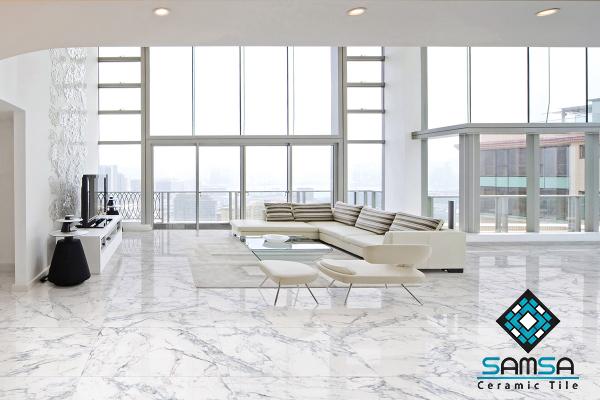
.
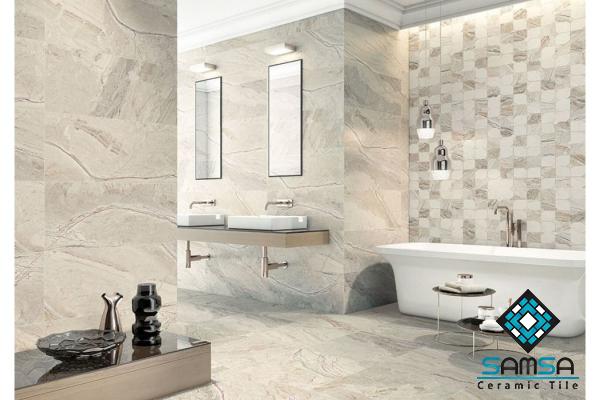 Tiles are resistant to high foot traffic, scratches, and water damage, making them suitable for areas with heavy usage such as kitchens, bathrooms, and hallways. Additionally, tiles are easy to clean and maintain, requiring only basic cleaning techniques to keep them looking pristine for years to come. Another significant advantage of floor tiles is their ability to retain their original appearance and color. Unlike other flooring options that may fade over time due to exposure to sunlight or wear and tear, tiles remain vibrant and retain their original beauty for decades. This makes them a long-term investment that adds value to a property. On the other hand, vinyl flooring has gained popularity in recent years due to its versatility and affordability. Vinyl comes in various forms, including sheets, planks, and tiles, offering a wide range of design options that mimic the look of natural materials like hardwood, stone, or ceramic. This gives homeowners the ability to achieve the desired aesthetic without breaking the bank.
Tiles are resistant to high foot traffic, scratches, and water damage, making them suitable for areas with heavy usage such as kitchens, bathrooms, and hallways. Additionally, tiles are easy to clean and maintain, requiring only basic cleaning techniques to keep them looking pristine for years to come. Another significant advantage of floor tiles is their ability to retain their original appearance and color. Unlike other flooring options that may fade over time due to exposure to sunlight or wear and tear, tiles remain vibrant and retain their original beauty for decades. This makes them a long-term investment that adds value to a property. On the other hand, vinyl flooring has gained popularity in recent years due to its versatility and affordability. Vinyl comes in various forms, including sheets, planks, and tiles, offering a wide range of design options that mimic the look of natural materials like hardwood, stone, or ceramic. This gives homeowners the ability to achieve the desired aesthetic without breaking the bank.
..
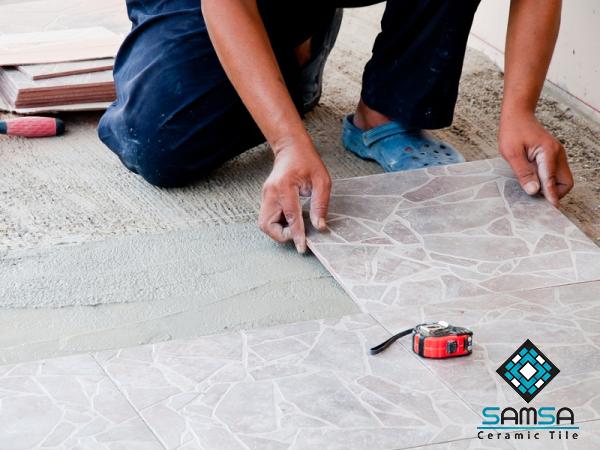 The greatest advantage of vinyl flooring is its resilience and comfort underfoot. The soft and cushioned surface of vinyl makes it more forgiving on joints, especially in areas where standing or walking for prolonged periods is common, such as kitchens or offices. Additionally, the underlayment used with vinyl flooring provides insulation, reducing noise transmission and making it an ideal choice for households or commercial spaces with high activity levels. One of the drawbacks of vinyl flooring is its susceptibility to damage from sharp objects or heavy furniture. Although vinyl is generally durable, it can be easily punctured or torn if not handled with care.
The greatest advantage of vinyl flooring is its resilience and comfort underfoot. The soft and cushioned surface of vinyl makes it more forgiving on joints, especially in areas where standing or walking for prolonged periods is common, such as kitchens or offices. Additionally, the underlayment used with vinyl flooring provides insulation, reducing noise transmission and making it an ideal choice for households or commercial spaces with high activity levels. One of the drawbacks of vinyl flooring is its susceptibility to damage from sharp objects or heavy furniture. Although vinyl is generally durable, it can be easily punctured or torn if not handled with care.
…
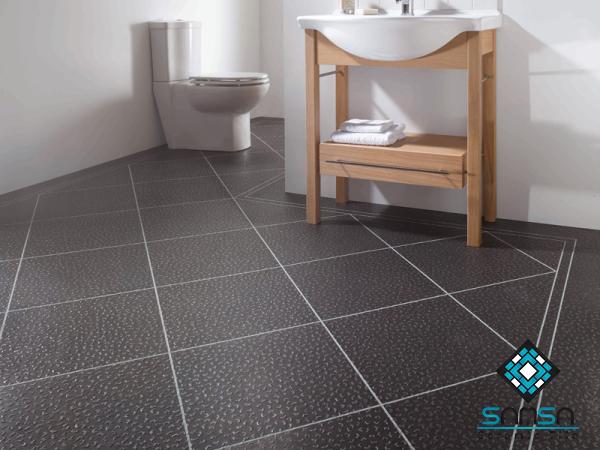 Additionally, direct exposure to sunlight can cause fading or discoloration over time, limiting its use in areas with large windows or outdoor access. In conclusion, both floor tiles and vinyl have their unique advantages and disadvantages. Floor tiles offer timeless beauty, exceptional durability, and the ability to retain their original appearance over time. Vinyl, on the other hand, provides versatility, affordability, and a comfortable underfoot experience. The choice between these options ultimately depends on personal preference, budget, and the specific needs of the space. It is important to carefully consider these factors and consult with flooring professionals to make an informed decision that best suits your requirements.
Additionally, direct exposure to sunlight can cause fading or discoloration over time, limiting its use in areas with large windows or outdoor access. In conclusion, both floor tiles and vinyl have their unique advantages and disadvantages. Floor tiles offer timeless beauty, exceptional durability, and the ability to retain their original appearance over time. Vinyl, on the other hand, provides versatility, affordability, and a comfortable underfoot experience. The choice between these options ultimately depends on personal preference, budget, and the specific needs of the space. It is important to carefully consider these factors and consult with flooring professionals to make an informed decision that best suits your requirements.
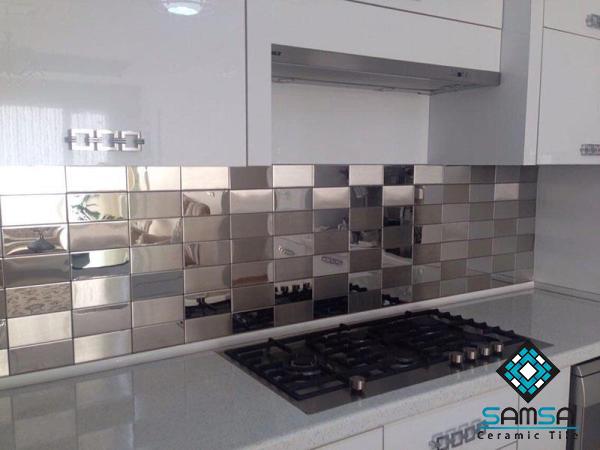
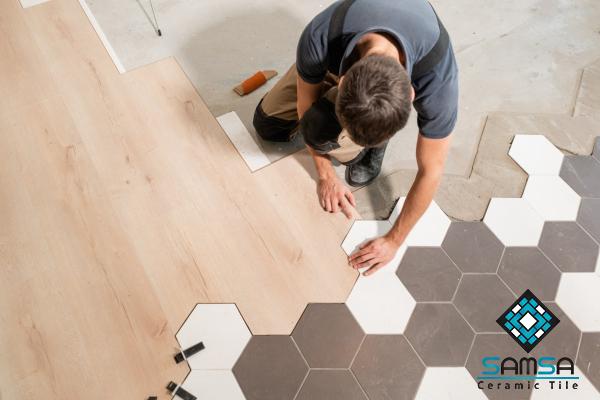

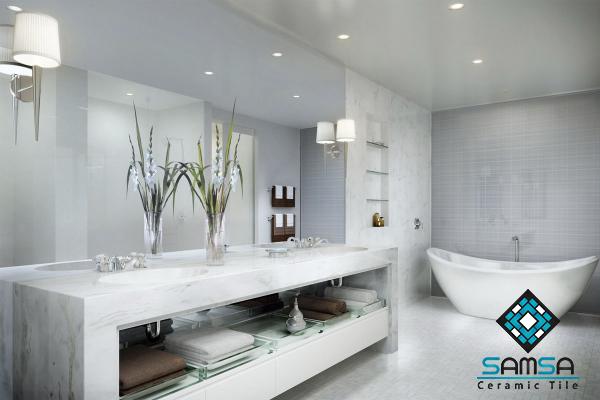
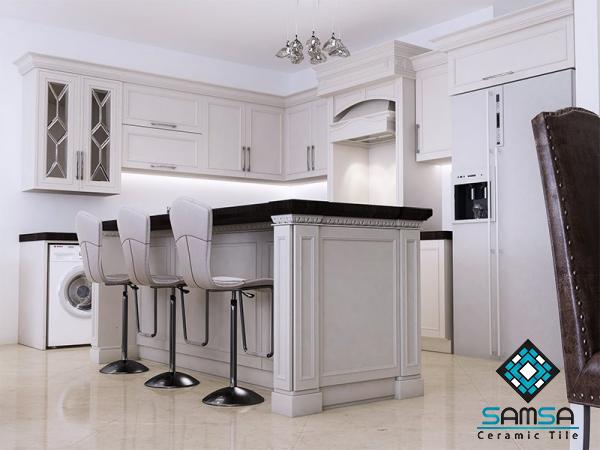

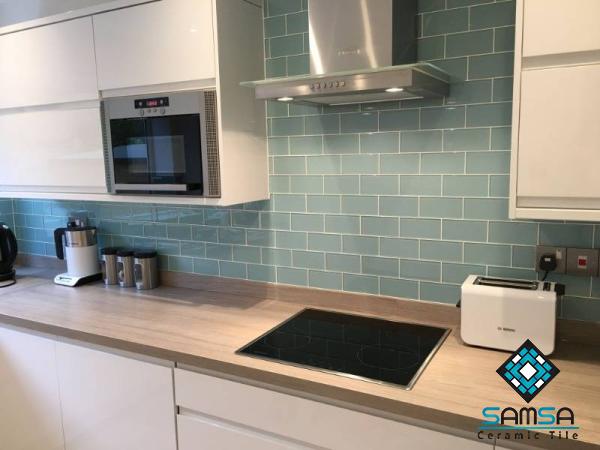

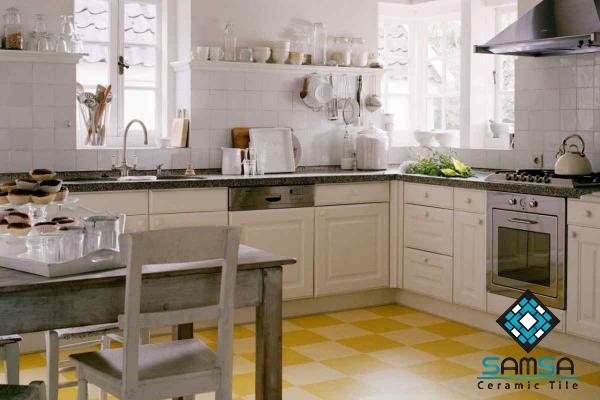
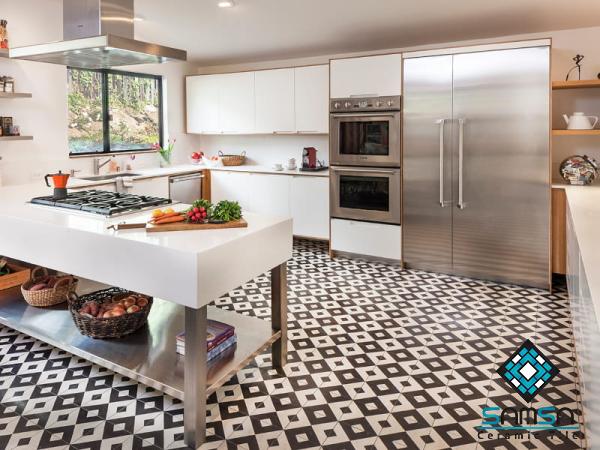
Your comment submitted.